
Rock Front Ranch

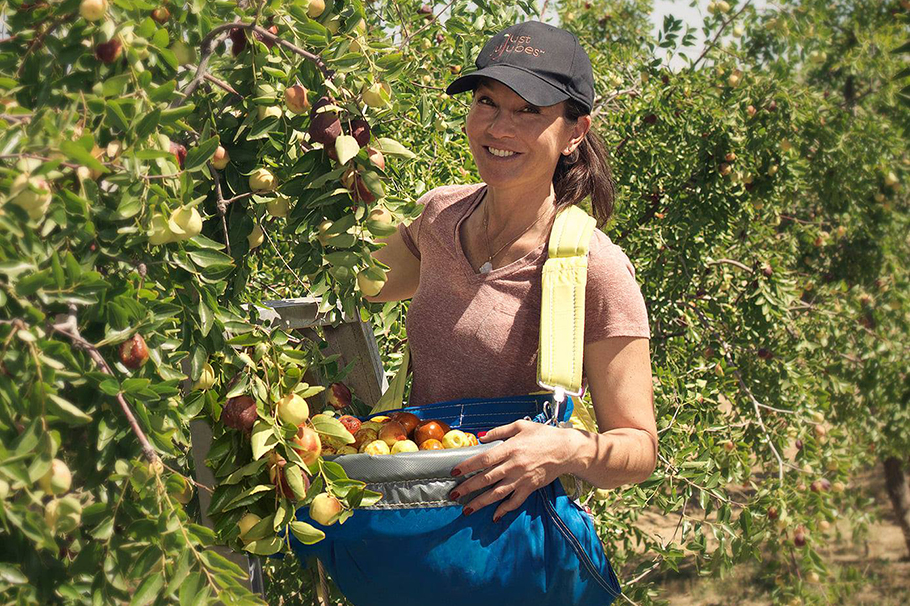
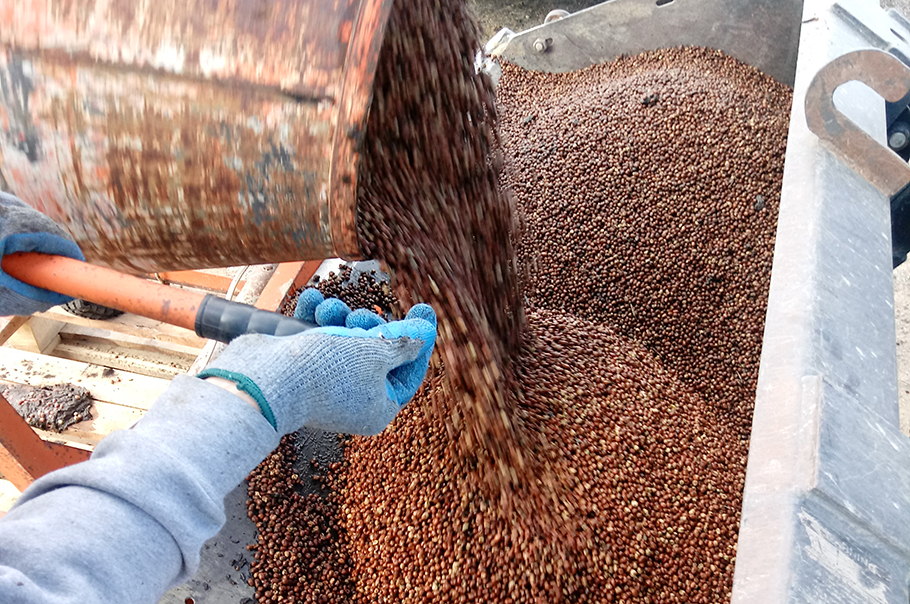
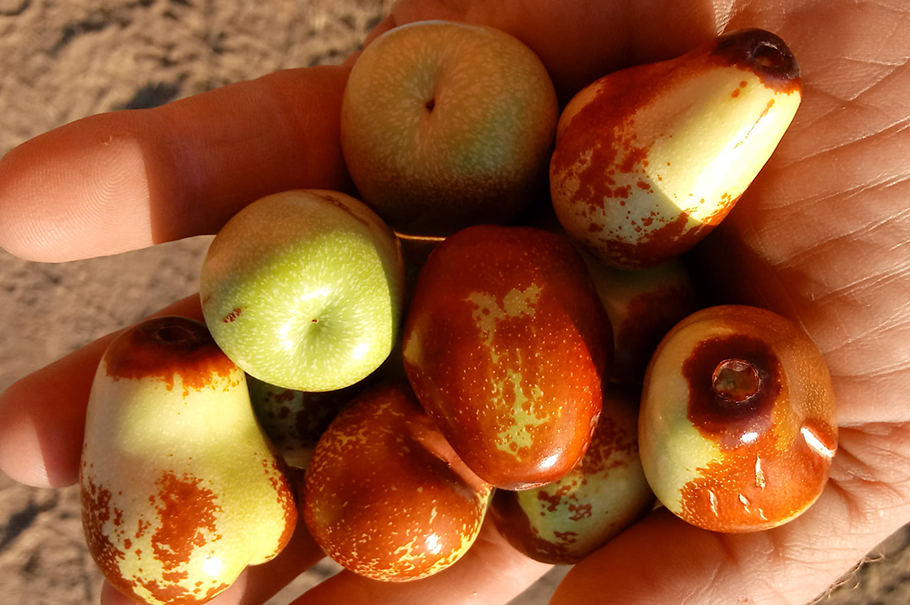
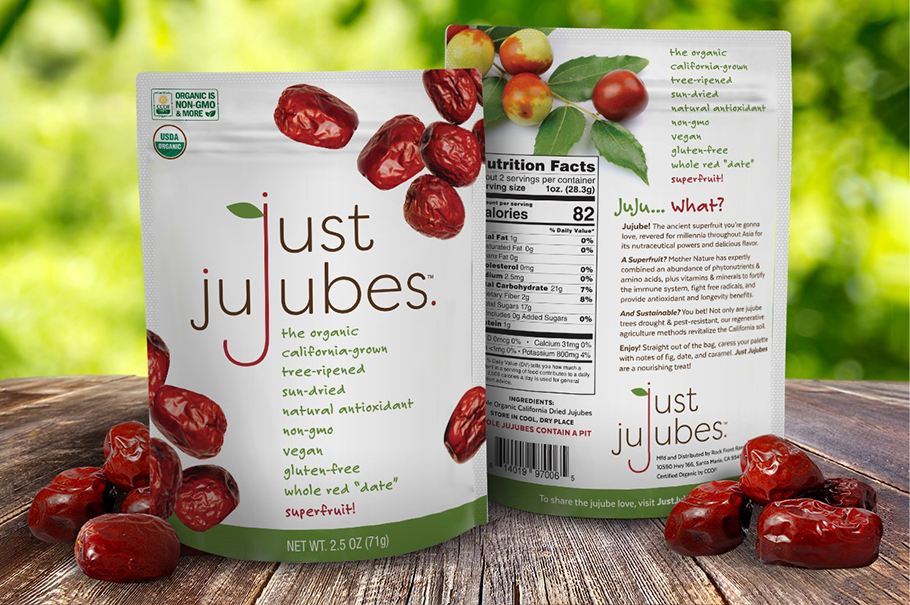


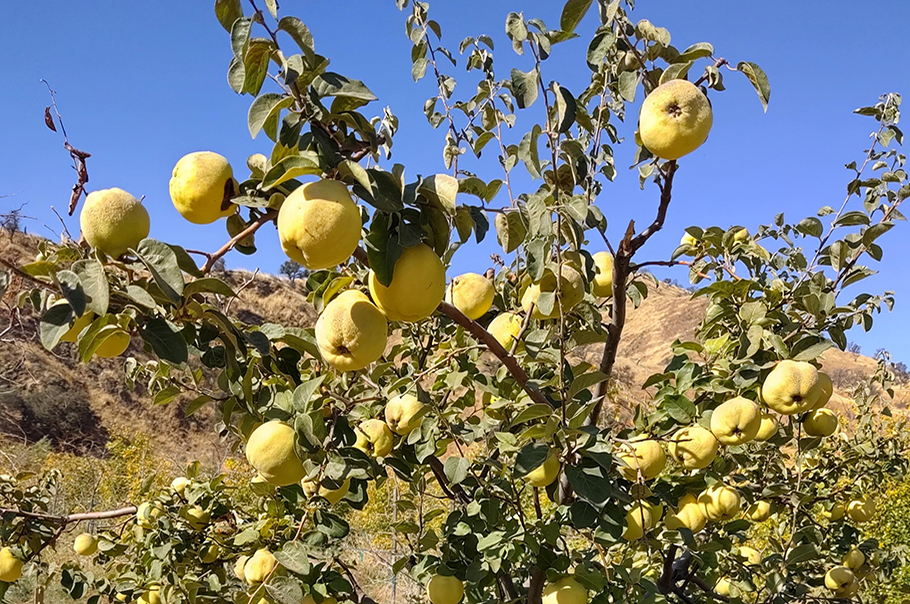
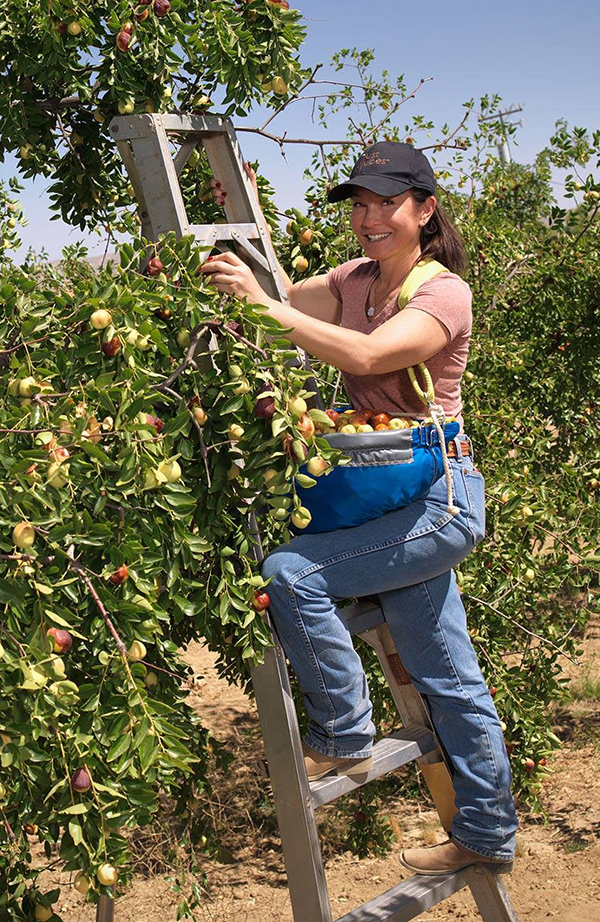 Rock Front Ranch is a story of resilient decision-making in a regenerative agriculture frame. In 2003, when Alisha Taff and her family leased a 320 acre property 40 miles from the Pacific Ocean, in Santa Barbara County near Santa Maria, California (bought in 2014), the property was well suited for training horses and raising stocker cattle. Later, when they needed to make new choices, Alisha worked with the USDA Farm Service Agency who served as an advisor to help her determine what might work best for her background, ability, the land and climate.
Rock Front Ranch is a story of resilient decision-making in a regenerative agriculture frame. In 2003, when Alisha Taff and her family leased a 320 acre property 40 miles from the Pacific Ocean, in Santa Barbara County near Santa Maria, California (bought in 2014), the property was well suited for training horses and raising stocker cattle. Later, when they needed to make new choices, Alisha worked with the USDA Farm Service Agency who served as an advisor to help her determine what might work best for her background, ability, the land and climate.
Rock Front Ranch is in the high desert with very sandy alkaline soil, but the jujube fruit trees are very drought tolerant, prolific, and suitable for the environment. As half Asian-American Alisha grew up eating them as if they were candy and also knew they are surprisingly nutritious and a staple of Chinese medicine. Her love for the fruit meant she had a built-in way to market them so she planted more of them, and the choices that came next eventually led to leasing 45 additional acres to create an even larger orchard in nearby Cuyama Valley to keep up with the demand in her successful Just Jujubes business.
Alisha also has had similar success selling honey from the bees that feed on the flowering cover crops in her California orchard and from 40,000 hives on the open prairie of the Dakotas. She grows and sells a small number of quince locally as well.
The Move to Grow Regeneratively
Alisha explains that changes in climate with greater periods of drought and greater periods of unpredictable rainfall pushed her to figure out choices that would work using a regenerative mindset from the beginning. Choosing hardy drought tolerant jujubes were part of that because wanting to work with nature instead of against it is part of a whole system approach to agriculture despite being advised to grow blueberries.
Jujubes are also a zero-waste crop because the fresh fruit that isn’t sold is dried to sell to an even larger market. She does minimal till at the Cuyama orchard and none at all at rock Front Ranch; no special equipment was needed for her to farm regeneratively. She waters just enough to keep her fresh fruit looking good and marketable using a micro-irrigation system that is only turned on at night to avoid evaporation. She also seeds a cover crop that includes an edible legume (pea or favitas) and allows wild vegetation and native wildflowers to mix in. Milk and molasses are used to inoculate the cover crop seeds and encourage beneficial microbial activity.
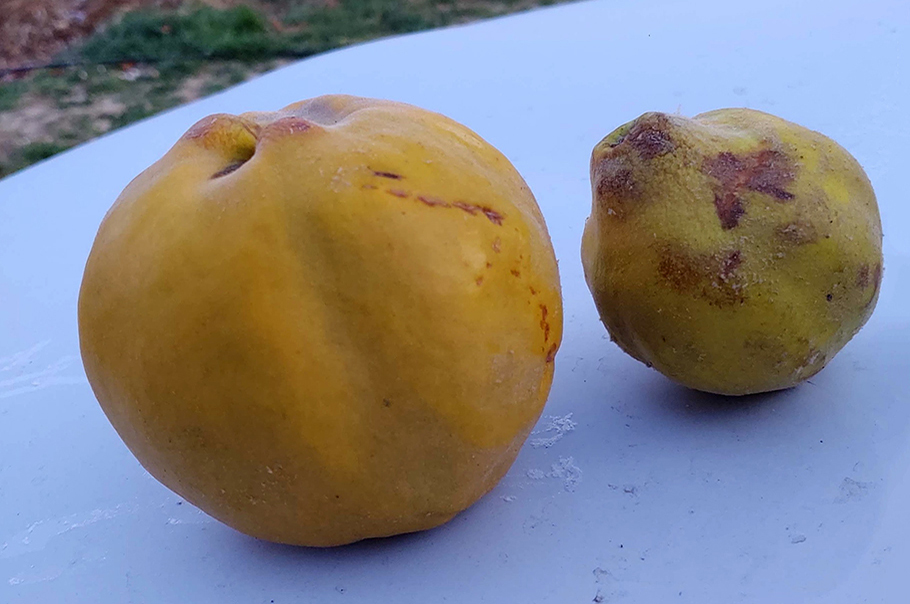 Alisha also has extensively and annually used a fungal-dominant soil amendment that she is very excited about. Her high desert soil is almost entirely sand so improving the quality of her soil is quite challenging, especially as she does not use synthetic fertilizers or pesticides. It is theorized that fungal-dominant compost works specifically with the soil biology by adding microbes in the right ratio to stimulate the natural symbiosis between plants and the soil microbiology. She is still experimenting but the results with her quince trees were a phenomenal success. See the photo—the quince on the left was grown with fungal-dominant compost, the one on the right was not.
Alisha also has extensively and annually used a fungal-dominant soil amendment that she is very excited about. Her high desert soil is almost entirely sand so improving the quality of her soil is quite challenging, especially as she does not use synthetic fertilizers or pesticides. It is theorized that fungal-dominant compost works specifically with the soil biology by adding microbes in the right ratio to stimulate the natural symbiosis between plants and the soil microbiology. She is still experimenting but the results with her quince trees were a phenomenal success. See the photo—the quince on the left was grown with fungal-dominant compost, the one on the right was not.
Success and Advice for Others
Alisha Taff is a member of the California Rare Fruit Growers organization and often speaks at conferences. She also provides apiary consultation for others who wish to follow in her bee-keeping and honey production success. She is also an enthusiastic advocate for regenerative agriculture as shown in the following video produced by the Santa Barbara County Food Action Network:
Taff says that it took three years for her operation to become profitable. She does credit regenerative agriculture techniques as part of her success and believe they have increased her yields. However, it is difficult to tease out what part of her success is because of the practices and which is because of the crop choice itself. Because of gaining a reputation as a superfood the demand for jujubes is growing throughout the country each year. In her own marketing efforts, the benefits of her fruit and honey and the benefits of regenerative agriculture are intertwined. She has also seen her customer base grow organically because of word of mouth. As some other mentor-farmers say, the combination of serving a niche market who cares about the quality of their health and the health of life on the planet can be a powerful combination.
Her main advice is “It doesn’t matter the size of the garden—just start! It’s the exact same principle whether it’s a tiny garden plot or a huge orchard. And it can scale easily.”
